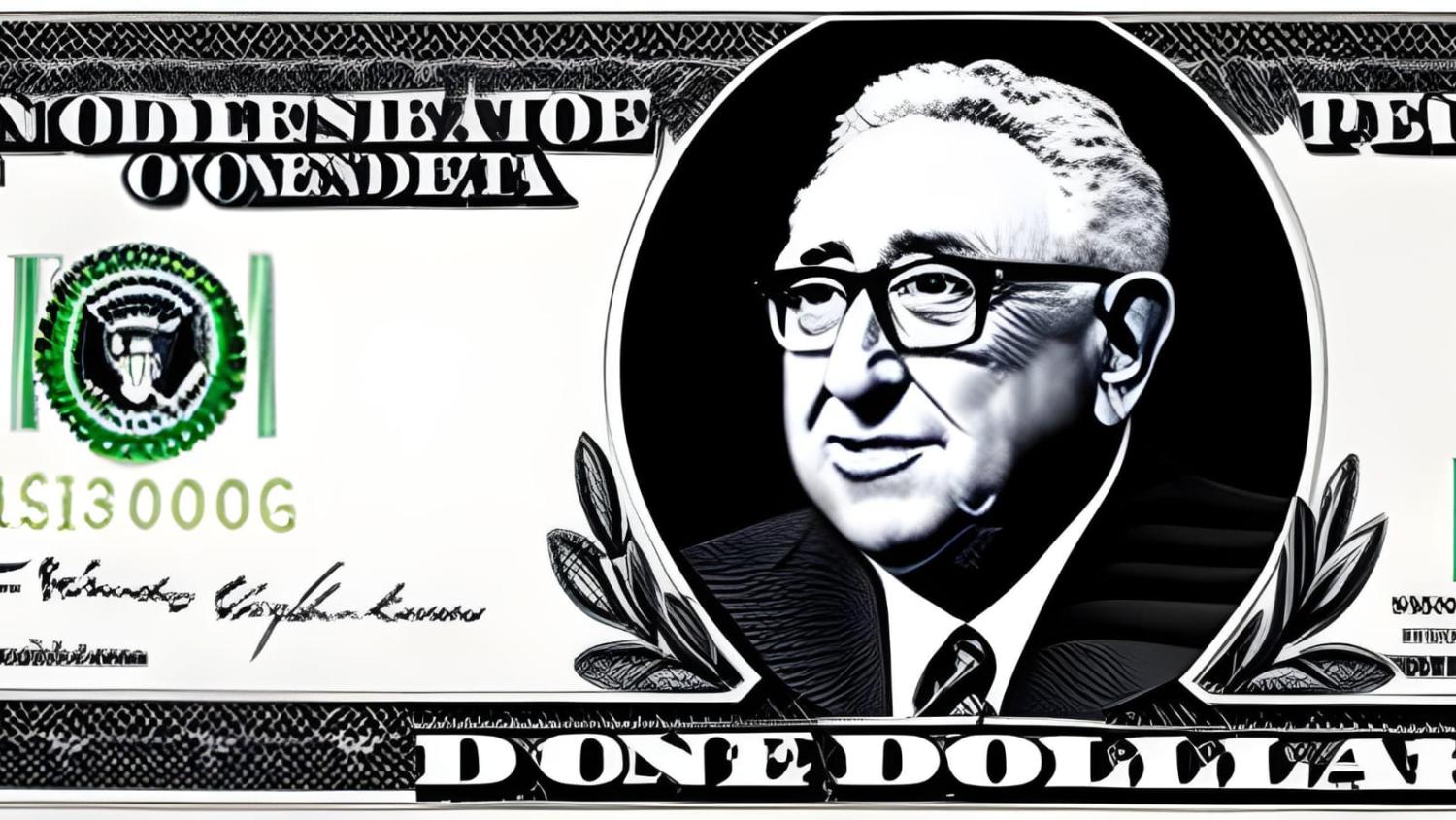We’re asking contributors to put together their own short collected observations like this one – and as always, if you’ve got an idea to pitch for The Interpreter, drop a line via the contact details on the About page.
I jetted off to New Zealand last month to speak on geopolitics and artificial intelligence at a conference. For inspiration on how to articulate the ensuing impacts of this Promethean moment, I turned to the past, specifically to Henry Kissinger who turns 100 this year.
Despite being well past retirement and with his legacy under perpetual scrutiny over his actions in Cambodia, Chile, Argentina and Vietnam, Kissinger is still actively engaged in the current policy debates, particularly around technology and its impacts on national governments and geopolitics. Five years before the release of ChatGPT, he wrote in The Atlantic about how generative AI would bring to an end the Age of Enlightenment and would later go on to co-author a book on the subject. In a recent wide-ranging CBS television interview, Kissinger warns about an AI arms race and the impossibility of retaining human control of AI.
To forestall panic about the impending singularity, I’ve turned to others such as Gary Marcus in his new podcast series Humans vs Machines for a more balanced take on the future of AI and its capabilities.

As a child of 1990s America, I grew up during the golden age of hip hop, watching how niche party tricks from DJs and MCs in the Bronx such as Kool Herc, Grand Master Flash and Afrika Bambaatta turned into a cultural behemoth that transformed American – nay, global – mainstream culture. It’s wild that this year marks the 50th anniversary of that genre with many of the 1990s' biggest hip hop names now in their 50s and 60s. Dr Dre even appeared on a mock cover of a senior citizens magazine – which I guess gives new meaning to the term “old head”. So to mark the anniversary, I’ve been reminiscing with Fresh Air’s replay of a series of interviews with hip hop pioneers (and how in high school I saved to buy a pair of Timberlands to go with my jean overalls – one clasp undone of course).
I was also struck by how so much of the lyrics and rhetoric of what was then dismissed as gangsta rap foreshadowed the central message of the Black Lives Matter movement around police brutality and systemic racism. Like hip hop, BLM started in the United States but soon spread and influenced the globe, seeding its own local interpretations and movements. (Though, as Lil Wayne, illustrates, not all of hip hop is an ally of the movement.)
And absent new releases due to the writers and actors strike – largely over concerns about how the creative industry has been and will be impacted by AI – I’ve been hate-watching Billions, which snuck through production before the shutdown. The dialogue is too clever, it has improbable plot turns and unlikeable characters – but this campy, cut-rate Succession still serves to remind how money flows and global finance influence global affairs and power politics just as much as diplomats and generals.
Speaking of the one percent, hip hop generated multiple billionaires and multi millionaires – from The aforementioned Dr Dre, to Rhianna, Diddy, Jay Z, Russell Simmons, 50 Cent and Ye among others. Does this illustrate the commodification of culture under the insatiable appetite of global capitalism? Or how hiphop was always the pitch perfect amalgamation of capitalism and art? Given the number of hip hop references in Billions, I’m thinking the later.

